All my life, I’ve seen plenty and a variety of fish in the sea. There was always enough to feed all of our families. Now the fish we used to eat have become scarce. Young people in the village do not realise this, but some of the fish we eat now were not even considered edible before. I have realised that we as a community have to do something. Some in our community are completely dependent on shoreline resources, as they don’t have boats to go and fish elsewhere. We have to do something to preserve these resources for them.” – Tumbatu Village Elder, Zanzibar.
In Zanzibar – as in many other regions of the world – a growing population, a lack of alternative livelihoods, and more effective fishing gear has led to coastal communities overexploiting their marine resources.
Some of these communities, with support from our partner organisation Mwambao, have experimented with closing their octopus fishing grounds for three months at a time, and have witnessed the financial benefits that this form of fisheries management can bring.
In the Comoros, we are supporting our partner organisation Dahari with the development of community-based marine management initiatives, specifically within three villages on the island of Anjouan: Dzindri, Salamani and Vassy. The women in these communities glean for octopus and other marine species on the reef flat, and they have noticed diminishing catches and a steady decrease in octopus size over the years. Knowing that fisheries management could help their situation, the fisherwomen told us that they were motivated to start managing their resources more effectively.
As Blue Ventures’ Comoros Project Manager, I had the opportunity to organise and participate in an exchange visit to Zanzibar in January 2018. The exchange party included four Comorian fishers from Anjouan – Ma Marifka, Nadjib, Siti and Zaina – a member of the Dahari marine team – Fatima – and myself. The aim of this visit was, with the support of Mwambao, to meet Zanzibari fishing communities, exchange skills and experiences with them, and learn more about their success with temporary octopus fishery closures.
I discovered during our trip that there are many similarities between the Comorian language – Shikomori – and the Zanzibari language – Kiswahili. For example, during a delicious meal prepared by our Zanzibari hosts, we learned that the rabbitfish we were eating was called “ntasi” in both languages. Similarities like this made communication more fluid and created a comfortable atmosphere between the Comorian visitors and their hosts.
There are cultural similarities too, and listening to everyone laughing together, I could sense that they were all connecting. Shared experiences were discussed, rooted in similar traditions and values, and this significantly increased the impact that the exchange had on the Comorian fishers. The Zanzibari stories resonated deeply with their own context.
We met with three Zanzibari fishing communities during the exchange, learning about the different ways they had come together and organised themselves to manage their resources. The Comorian fishers were impressed to see how the benefits from the temporary octopus fishery closures were shared within the communities, and how they funded projects such as building a school, or an office for the fishers’ committee. The Zanzibari communities also shared the challenges they had faced, and emphasised the importance of social cohesion and communication when planning a closure.
It is very important to plan carefully before a closure is organised, to think about all the details and make sure the fishers committee is made of strong and honest people, to ensure transparency and respect.” – Mtende Sheha, Fishers Committee member, Zanzibar.
We also had the opportunity to see Zanzibar’s marine environments up close. While walking on the reef flat at low tide, everyone in the exchange party noticed the abundance of life compared to what they knew back home on Anjouan. In Zanzibar, destructive fishing practices – such as using metal gleaning sticks or plant-based poisons – are prohibited and the ban is effectively enforced by the community, whereas these same practices are unfortunately quite common in the Comoros. It was a truly eye-opening moment for the visitors.
When I see all these fish, I realise what our seas could look like if we would stop using uruva [a poisonous plant] to fish. Other members of our communities need to realise that, and we need to take action to stop it.” – Ma Marifka, Comorian fisherwoman
The whole exchange party left Zanzibar feeling inspired, and well-equipped with stories and photos to share back home. With the image of abundant reef flats imprinted in their memories, Ma Marifka, Siti, Zaina and Nadjib decided to bring their three communities together and initiate similar strategies on Anjouan to those they had seen in Zanzibar. They started planning the first steps to do this before the exchange was even over – a sight that brought joy to my heart!
We need to plan with the fisherwomen from the three villages, make sure that everyone agrees, and then mobilise as many people as possible to help improve the fishery for our families.” – Zaina, Comorian fisherwoman
On our return to the Comoros, the exchange party shared their enthusiasm with their communities by presenting their experiences in the three villages of Dzindri, Salamani and Vassy.
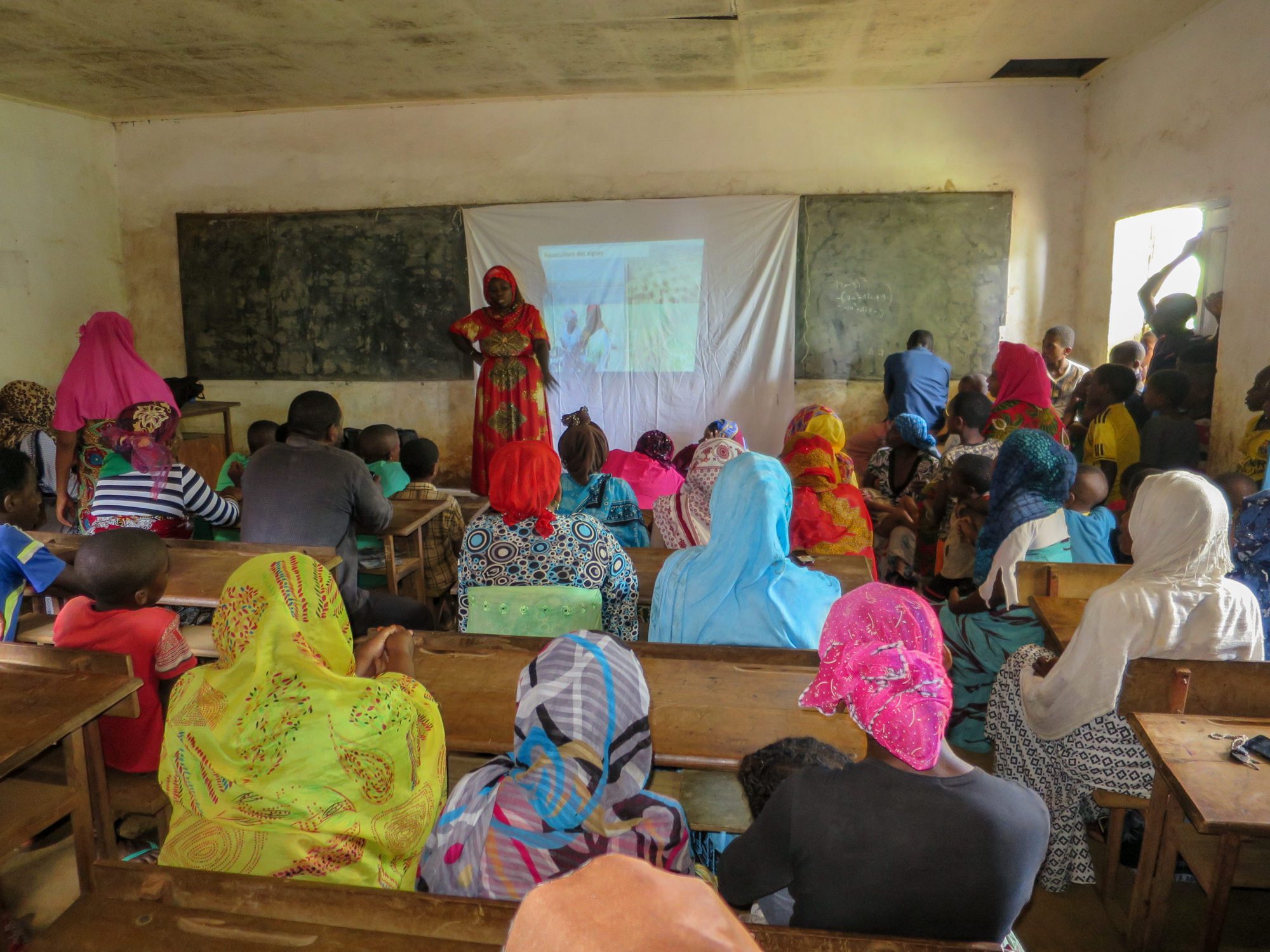
Siti, one of the fisherwomen who went on the exchange, sharing her experiences with her community in the Comoros.
This effort to mobilise their communities was successful, and two months after the Zanzibar exchange a fisherwomen’s association was born. It was named “Maecha Bora” – which means “peaceful life” in Shikomori – and consists of over 80 women from the three villages who have decided to combine their efforts and collectively manage their marine resources. Zaina, who participated in the Zanzibar exchange, is the new vice-president of the association!
I feel very proud to be able to support these women, as this is the first time in these three villages that women will have representation in fisheries management associations. They now have a voice in decision-making and are empowered to make changes happen, a great achievement and a well-deserved recognition for these fisherwomen.
The newly formed fisherwomen’s association did not waste any time and have since met regularly, drawing on Blue Ventures’ extensive knowledge of temporary fisheries closures to help plan their own, and discuss logistics such as the closure area and surveillance system. Alongside these meetings, the fisherwomen continued to mobilise people in their own villages, and even started visiting neighbouring villages to discuss their new initiative with them.
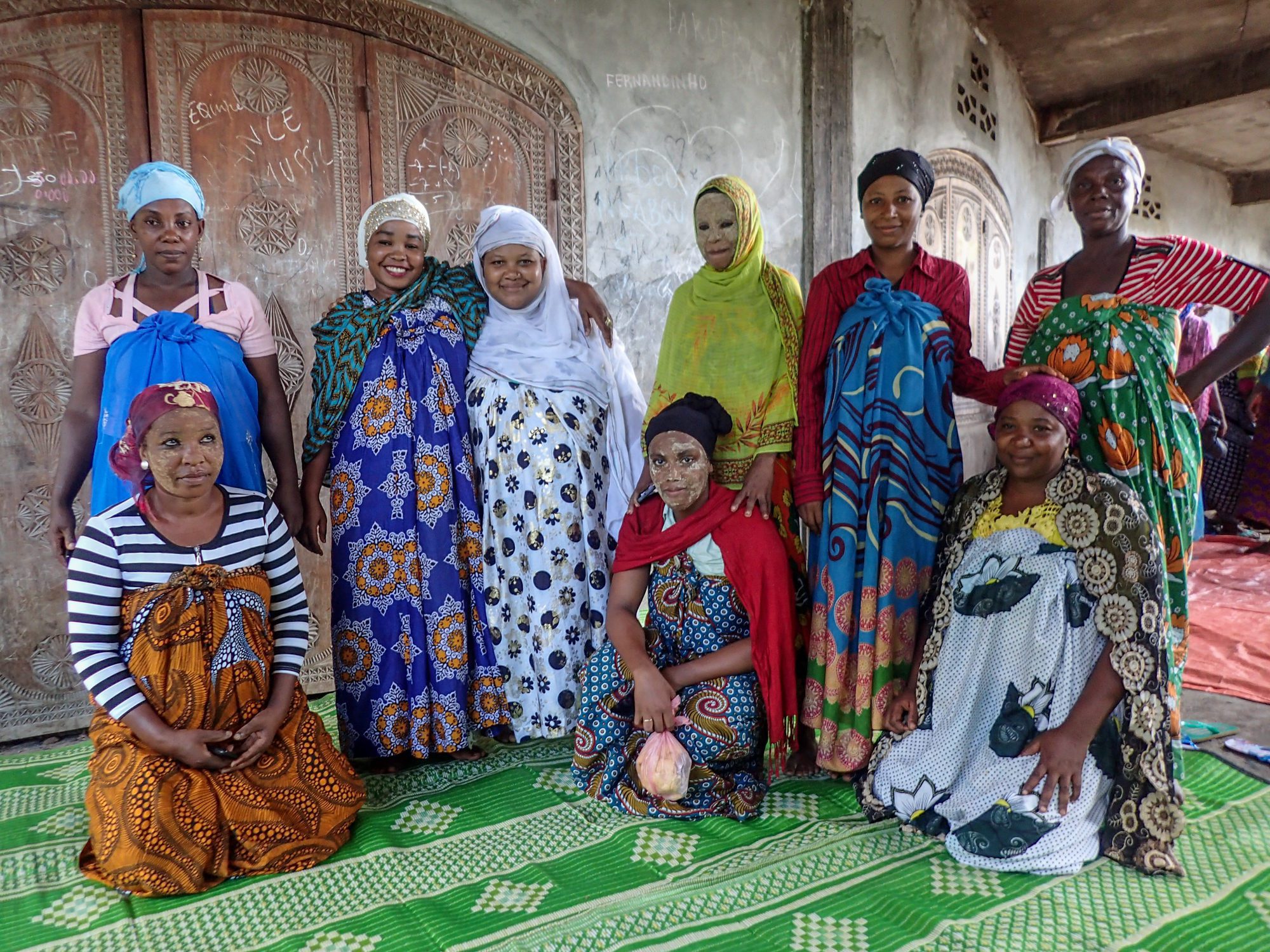
The leading members of Maecha Bora, the new fisherwomen’s association. Zaina, who participated in the Zanzibar exchange, is kneeling on the left.
By early May, the fisherwomen’s association, supported by Blue Ventures and Dahari, had successfully organised the first community-based temporary octopus fishery closure in Anjouan, a remarkable achievement! To mark the occasion, a public celebration was held where the fisherwomen performed a tari, which involves traditional singing and dancing.
I know that I was not alone in feeling moved by their song, which was specially written for the occasion and which highlighted the importance of managing marine resources: “The environment is priority; Maecha Bora is fully aware of the reality; let’s wake up to a new state to reduce poverty; let’s act for good yields and be independent together.”
Our partnership with Dahari over the last two years has been rooted in engaging the Anjouan communities with participatory methods for improving their livelihoods. By acting with humility and putting the communities first, we have gained their trust, and it has been extremely rewarding to see them taking the fate of their resources into their own hands and organising this temporary octopus fishery closure.
We hope that the success of this closure will further strengthen commitment in the Anjouan communities for increased sustainable management of their marine resources and pave the way for broader conservation actions in the future. First things first though, the communities have a temporary fishery closure to manage, and as Siti proudly said to me:
We have to be successful with implementing this temporary closure, so that we can invite our Zanzibari friends for the reopening to show them what we achieved!”
Read our previous blog from the Comoros: Reviewing the highlights of 2017, a year of learning, partnership and preparation
Blue Ventures’ work in the Comoros is funded by the Critical Ecosystem Partnership Fund (CEPF), a joint initiative of l’Agence Française de Développement, Conservation International, the European Union, the Global Environment Facility, the Government of Japan, the MacArthur Foundation and the World Bank. We would also like to thank the World Wildlife Fund, Tusk Trust and the European Development Fund for their support.


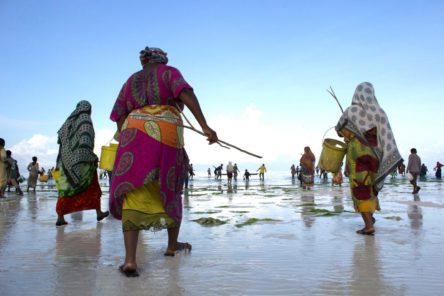
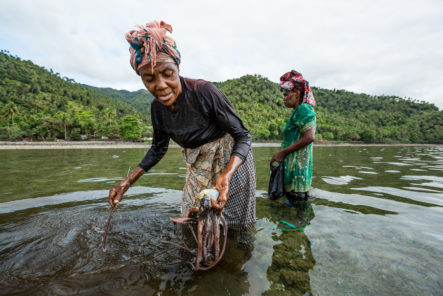
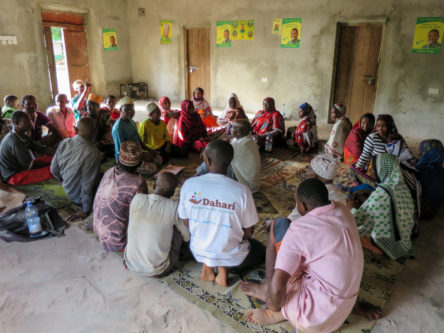
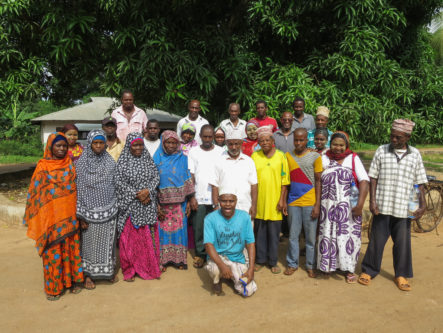
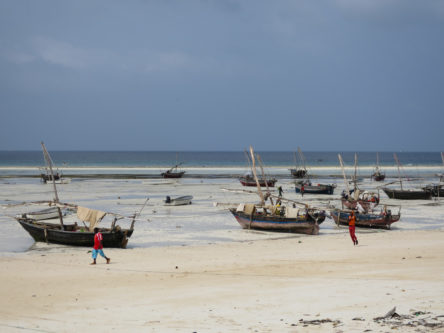
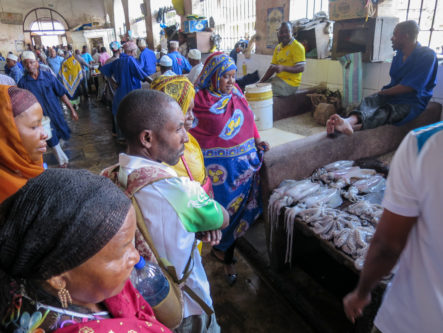
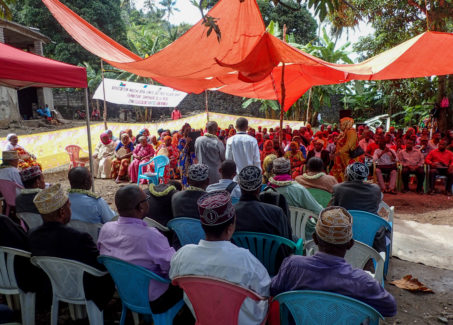
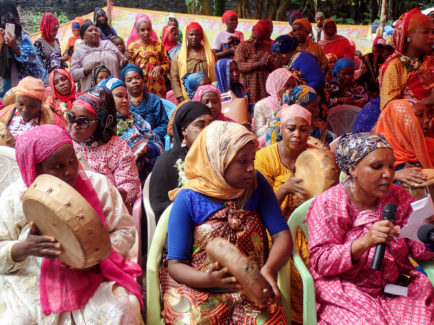
Extremely inspiring and these women are so incredibly beautiful. Thank you for all the work you’ve done I am there with you in my Heart body